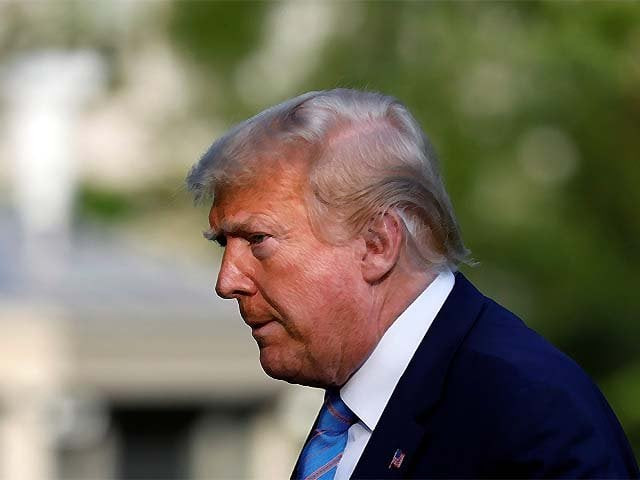On Thursday 11th June, Trump ordered sanctions against members of the International Criminal Court (ICC) – an independent adjudicating body – almost two months after the Court decided to probe into the alleged war crimes and crimes against humanity committed in Afghanistan after American troops entered the land in 2003. Established in 1998, after the Yugoslavian and Rwandan crisis, the ICC started functioning after the Rome Statute (a multilateral treaty) came into force in 2002; almost a year after 9/11.
The ICC was created with the sole purpose of keeping a check on war crimes, crimes against humanity, genocide and crimes of aggression. Based in The Hague, it is different from the International Court of Justice (ICJ) since it has the jurisdiction of prosecuting individuals. The ICC can exercise its jurisdiction in the following instances; if a state is a member of the Court, the case is referred to it by the Security Council, and also when the state party to the treaty refers the case to the prosecutor under Article 15 for inquiry regarding crimes that fall under the Court’s jurisdiction.
On March 5, the Court authorised the opening of an investigation in Afghanistan under the ICC’s prosecutor’s application. It would investigate the alleged war crimes committed by the United States (US) Armed Forces and the CIA, Afghan security forces and Taliban in Afghanistan and also at the detention cells in Poland, Romania and Lithuania (which are also members of the Court). Afghanistan submitted its instrument of accession on February 10, 2003, and the Court could start investigation from May 1st, 2003.
In Afghanistan’s case, the prosecutor, Fatou Bensouda, had submitted a request to open the investigation to the Pre-Trial Chamber II, which was rejected on the basis of not being in the “interests of justice”. Thus, on March 5, 2020 the Appeals Chamber reversed the decision of the Pre Trial Chamber II, authorising an investigation on the basis of proprio motu (as with its own discretion) given that all the other criteria has been met under Article 15 (4).
The article discusses a reasonable basis to proceed and if it falls under the jurisdiction of the Court; which subsequently comes under Article 53 1 (c) (this mentions the “gravity” of the situation and the interests of justice). Thus, Article 53 1 (c) gives the prosecutor the authority to not proceed with the case, if it does not meet the interests requirement. The Appeals Chamber under the Rome Statute ruled that the Pre Trial Chamber II had only two conditions to consider under Article 15 (4): reasonable basis and reasonable criteria. Since, the request met these criteria, the Appeals Chamber amended the decision.
The initial investigation of this sort was made public in 2007. The ICC started losing its credibility after numerous critics and human rights groups came forward with notions of it not prosecuting the powerful. In 2016, Burundi, Gambia and South Africa notified the United Nations (UN) of their intention to leave. With major states like the US, Russia, India, and China not party to the treaty, the concept of prosecuting individuals and states becomes increasingly difficult.
Given the impending US presidential election and rampaging protests, Trump’s demagoguery here does not come as a shock. America even blocked Bensouda's visa last year for showing the inclination to start an investigation. But this is certainly not the first time that the US has opposed mechanisms of international justice, with one major example being the Nicaragua contraband case of 1986.
Furthermore, when it comes to the inquiry in Afghanistan, it should by no means come as a surprise that such a decision is not being reported in the Pakistani media. Although Pakistan is not part of the treaty, the crimes are committed in Afghanistan, which ultimately could involve Pakistan as well. Any indictment or ruling could trigger severe backlash against the establishment.
Why America fears the ICC’s Afghanistan war crimes investigation
Given the impending US presidential election and rampaging protests, Trump’s demagoguery here does not come as a shock

President Donald Trump walks on the South Lawn of the White House. PHOTO: REUTERS


COMMENTS
Comments are moderated and generally will be posted if they are on-topic and not abusive.
For more information, please see our Comments FAQ